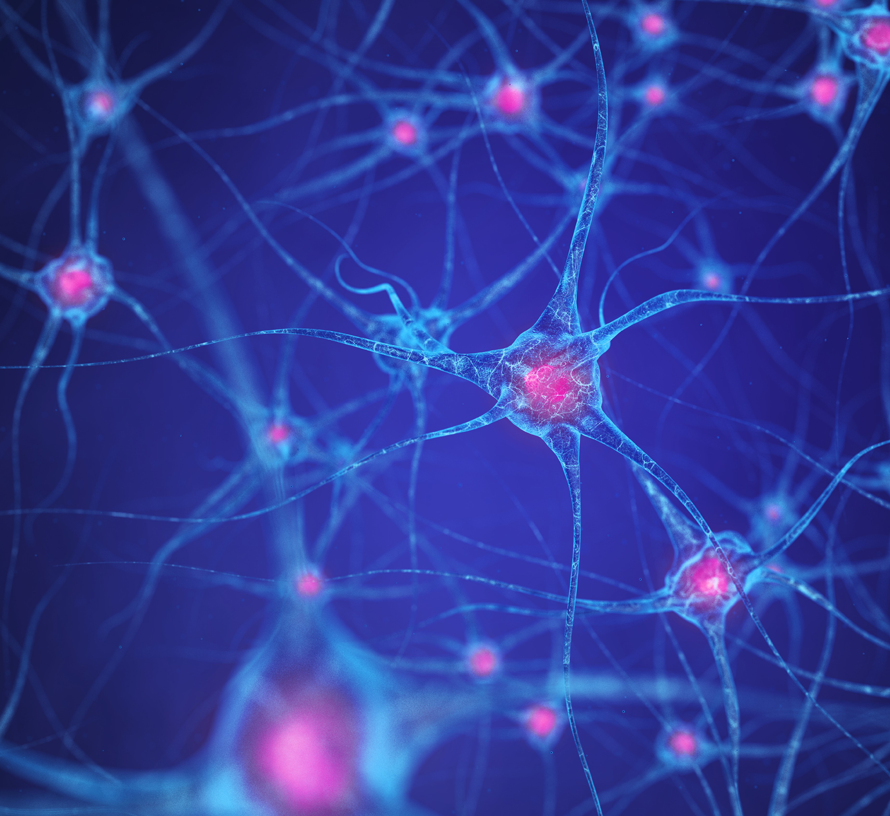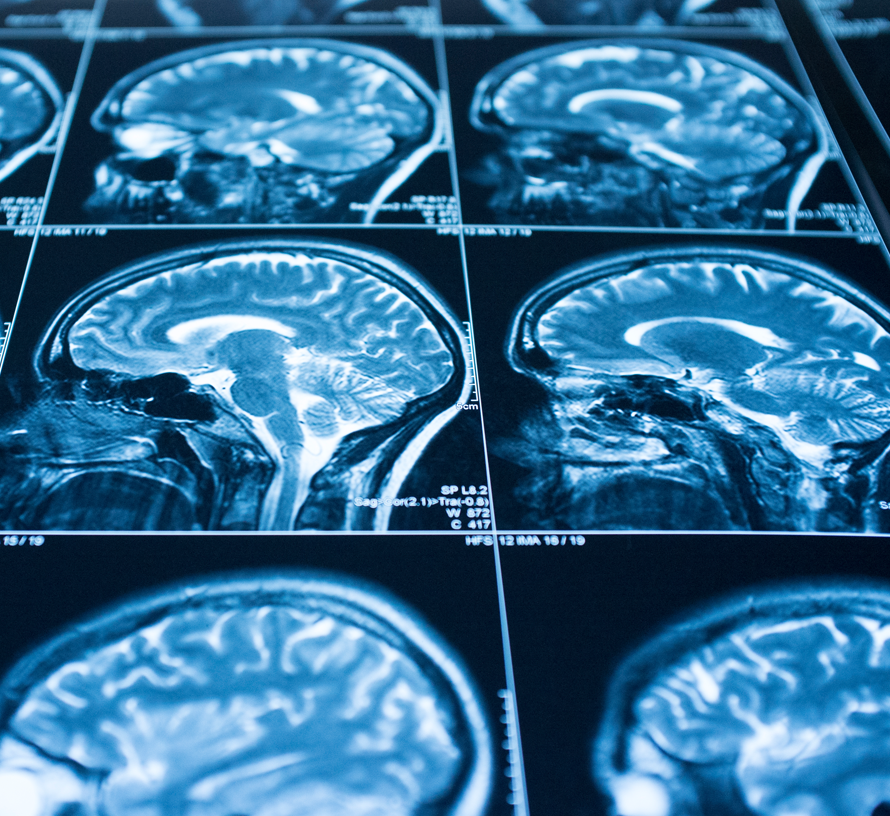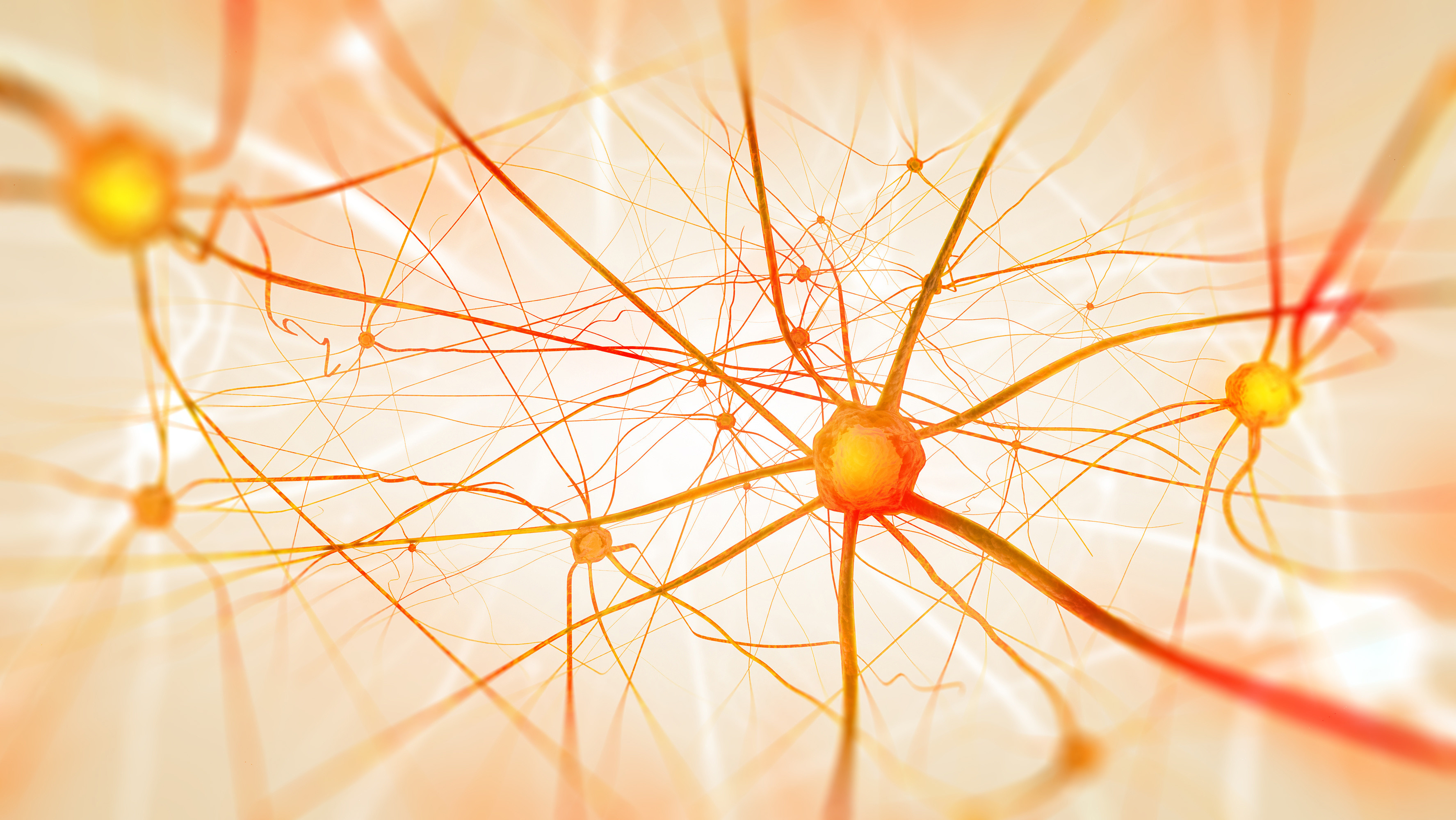2020 Round B Grant Recipients

University of Otago
$182,640
Developing new pre-clinical models of genetic DEE (developmental and epileptic encephalopathy)
Epilepsy is a neurological disease affecting around 1% of New Zealanders. The most severe epilepsies in children are the developmental and epileptic encephalopathies (DEEs). Seizures begin in infancy and are difficult to control, leaving children profoundly disabled and at high risk of sudden death. The majority of DEEs are not inherited, but result from a mutation in one of over 100 different genes. To improve outcomes for these children, Associate Professor Caroline Beck and her team need new treatments that can bring seizures under control. They will reproduce the mutations found in the most severely affected NZ children in tadpoles and use these to test potential therapeutic drugs.

University of Auckland
$68,906
Alpha synuclein in Parkinson’s disease. Are ‘strains’ key in finding therapeutics?
Parkinson’s disease is the fastest-growing chronic neurological disorder affecting 10 million worldwide. Central in this condition is the formation of toxic clumps of alpha-synuclein (alpha-syn) protein, and while the building block is the same, the resulting 3D structure can vary, giving rise to unique alpha-syn strains. By exposing cells to different alpha-syn strains, Dr Victor Dieriks will identify the gene changes and evaluate the role of those genes as potential therapeutic targets for Parkinson’s disease. Ultimately the goal is to reduce the burden of alpha-syn in the brain.

University of Auckland
$200,945
Novel dopamine pathway as a potential target in treatment of Parkinson’s disease
Dopamine is a chemical controlling diverse brain functions. When dopamine pathways go awry, a range of neurological disorders develop. Parkinson’s disease (PD) is one of them - a debilitating movement disorder currently affecting about 12,000 New Zealanders. PD is caused by loss of some dopamine-producing cells. Dr Peter Freestone recently discovered a new dopamine pathway in the rat brain. The proposed study will investigate the function of this pathway in detail and, importantly, in a PD animal model. This should greatly increase the understanding of the actions of dopamine in healthy and diseased brain, potentially identifying new therapeutic targets in PD.

University of Canterbury
$116,984
Artery inflammation suppression and measurement in ischaemic stroke
A major cause of stroke is blood clots blocking the arteries of the brain. These clots form when white blood cell-filled plaques in the arterial wall rupture. The plaques are formed through a slow inflammatory process which damages the arterial wall. The damage from this inflammation drives the plaque growth and eventual rupture. Chemicals which control and limit damage within the artery are released during the inflammatory process, but for many patients this system fails. Using actual human plaque tissue taken from stroke patients, Associate Professor Steven Gieseg will examine why the protective mechanisms fail and identify the chemicals which can signal this failure.

University of Auckland
$90,852
Characterising VIIIth cranial nerve involvement in Charcot-Marie-Tooth disease 1A
Proudly sponsored in memory of George and Patricia Wilson
Charcot-Marie-Tooth disease (CMT) is a neurological disorder that affects the way signals are sent along the nerves connecting the arms and legs with the brain. Sometimes the nerves controlling hearing and balance are affected. However, it is unknown how often and to what extent this occurs. This study will use new tests of inner ear function to investigate how the hearing and balance nerves are affected in a large group of patients with the commonest form of CMT. This information is important for designing rehabilitation programmes to reduce falls and prolong independence.

University of Otago Christchurch
$178,543
Do neutrophil extracellular traps enhance inflammation around plaques in Alzheimer's disease?
Cells called neutrophils get into the brain during Alzheimer’s disease, but what they do is unknown. We have seen remnants of neutrophils around plaques in the brains of people with Alzheimer’s disease, and we think these might be neutrophil extracellular traps (NETs). NETs are potent activators of the immune system and have proteins associated with them that can damage surrounding tissue. Dr Leon Smyth will investigate the effect of NETs on immune responses and cell death pathways in brain cells. They believe this will help uncover the connection between amyloid plaques and cellular dysfunction in Alzheimer’s disease.

University of Otago
$223,385
Advancing the therapeutic potential of sAPPα: an investigation of sAPPα-mediated glutamate receptor trafficking in rodent and human neurons
Regulation of glutamate receptors is critical to memory formation and impaired in Alzheimer’s disease. Therapies that alter the course of Alzheimer’s disease are urgently needed and we have shown that “sAPPα” enhances synthesis of glutamate receptors. Associate Professor Joanna Williams will investigate this subtype of glutamate receptor; those permeable to calcium and capable of fundamentally altering the connections between nerve cells. Crucially, they will study rodent neurons and human neurons donated by people with Alzheimer’s disease. These studies will deepen our understanding of how neurons communicate and provide a necessary next step in advancing sAPPα as a novel therapeutic agent.

University of Otago
$14,996
Understanding cognitive ageing and compensatory mechanisms: Neural correlates of better cognitive performance specific to older adults
Proudly sponsored by the Withiel Fund
Why do some older adults age more successfully than others in terms of their thinking abilities? Recent research suggests that during cognitive engagement older adults recruit additional brain areas, not used in young adults, that can help support better cognitive functioning. The purpose of this project is to better understand compensatory brain mechanisms used by older adults to cope with cognitive decline. The proposed research will investigate patterns of electrical brain activity alongside brain blood flow to help explain why some older adults age more successfully than others with regard to maintaining cognitive abilities and identify a therapeutic target.

University of Otago Christchurch
$14,696
Identifying the relationship between cognition and swallowing in Parkinson's disease
Parkinson’s disease (PD) is a common neurodegenerative disease. Cognitive decline and disordered swallowing contribute to the leading causes of death in PD. Although evidence suggests that cognition may influence swallowing, examination of the effects of cognitive decline on swallowing has not been undertaken. One of the goals of this study is to describe cognitive predictors of swallowing dysfunction in people with PD. Dr Sarah Perry will achieve this by analysing cognitive data and comparing this to swallowing test results. In the long-term, this should mean improved patient outcomes through earlier identification of high-risk patients and timely referral for swallowing rehabilitation.

University of Auckland
$15,000
Cell type-specific TDP-43 nuclear clearing and aggregation in the Motor Neuron Disease brain
Proudly sponsored by the Withiel Fund
Motor Neuron Disease (MND) is a paralysing neurodegenerative disease caused by the death of neurons controlling movement. Clumping of a critical protein called TDP-43 occurs in motor neurons and other brain cells in 97% of MND cases. TDP-43 ordinarily resides in the nucleus, but is either clumped in the cytoplasm, absent from the nucleus, or both, in MND. Dr Molly Swanson will determine whether it is the clumping of TDP-43 or its ‘clearing’ from the nucleus that causes its dysfunction in MND, both in neurons and other brain cells. This research will reveal how TDP-43 dysfunction should be therapeutically targeted in MND.

University of Otago
$6,000
Long-Term Optogenetic Stimulation to the Motor Thalamus for Movement Recovery in Parkinsonian Rats
Supervisor: Associate Professor Louise Parr-Brownlie
Proudly funded by Neville and Christine Anderson
Parkinson’s disease (PD) is incredibly common, although current treatments result in many side effects. Better treatments are needed for millions living with PD. Optogenetic stimulation is a possible treatment, which uses light to rewire pathological brain activity. Optogenetics has been shown to improve movement in rats through stimulation of the motor thalamus using short-duration stimulation. To test if optogenetic stimulation might be a future treatment for PD patients, this project will use long-duration stimulation (continuous for 3 weeks) to the motor thalamus.

University of Otago Wellington
$6,000
Hyper-Acute Stroke Service Provision in NZ
Supervisor: Associate Professor Anna Ranta
Stroke affects approximately 9000 New Zealanders every year and this number will rise by 40% over the next decade. Effective treatment options for stroke require patients to be taken to an appropriate centre to receive treatment without delay. Access to stroke treatments is not consistent across New Zealand. Identifying what works well and what needs improvement has improved rates of stroke treatment. The aim of this project is to review data from the National Stroke Reperfusion Register to assess progress, identify further areas for improvement, explore ethnic disparities, and explore the impact of COVID-19 on the availability of stroke reperfusion.

Victoria University of Wellington
$6,000
Pharmacotherapy to Increase Cognitive Flexibility
Supervisor: Professor Susan Schenk
Proudly funded by WD Robins
Many disorders are characterised by an inability to adaptively change behaviour according to environmental contingencies. This is referred to as behavioural inflexibility and reflects deficits in brain dopamine receptor mechanisms. Emily Harman will determine the potential of pharmacotherapy that persistently upregulates brain dopamine receptors to increase behavioural flexibility. This pharmacological therapy has the potential to be of immense benefit to a large and wide-ranging number of individuals who suffer from diseases that manifest behavioural inflexibility. These include, but are not limited to, obsessive-compulsive disorder, Parkinson’s disease, autism spectrum disorder, and substance use disorders.

University of Otago
$6,000
The Effect of Early Life Stress on Cytokine Receptor Expression and Activity in Dopamine Neurons of the Brain
Supervisor: Dr Mick Watt & Dr Gina Forster (in memoriam)
Proudly funded by WD Robins
This project is the first to establish the relationship between inflammation, dopamine and mental health. Stress triggers brain inflammation and is a contributing factor to development of anxiety and depression. Amabelle Voice-Powell believes there is a relationship between inflammation caused by stress and the brain’s dopamine system – a system known to be altered in mood disorders. After replicating the effects of early life stress faced by humans in a rodent model, she will investigate this relationship by tracking markers of inflammation in their brain tissue. Consequently, our work will contribute to the development of treatment for mental health disorders.

University of Otago Wellington
$124,214
Perinatal Creatine Supplementation – ‘closing the gap’ to improve brain development following perinatal compromise
Supervisor: Associate Professor Max Berry
W&B Miller Scholarship recipient
Babies born too early or too small are at a higher risk of poor neurodevelopmental outcomes than their normal-weight peers born at full-term. Although advances in perinatal care have seen many more of these babies survive to adulthood, there is still little that can be done to ameliorate any preterm/intrauterine growth restriction (IUGR) -associated brain injury. Using a guinea pig model of preterm birth and IUGR, Alice Freeman aims to assess whether perinatal creatine supplementation can improve later neurological and health outcomes. These results will be the basis of clinical studies designed to help prevent the devastating consequences of preterm birth/IUGR.

University of Otago
$124,100
Deciphering the neural circuitry of postpartum anxiety
Supervisor: Dr Rosemary Brown
Proudly sponsored by Peter and Wendy Gillespie
Maternal mental health disorders affect 20% of New Zealand women and represent a significant health issue for our families. There are limited diagnostic and treatment options available, with the regulation of maternal mood and behaviour, particularly maternal anxiety, poorly understood. This project will characterise how maternal anxiety disrupts motivation for interaction with newborns, and how pregnancy-driven changes in gene expression are altered in anxious mothers. They will also test whether stimulation of specific neural circuitry restores normal maternal responses. The long-term goal is to contribute to effective therapies for women suffering from maternal mental health disorders, through studying how maternal mood and behaviour is regulated.

Victoria University of Wellington
$121,518
Understanding the relationship between the serotonergic system and mitochondrial function in neuropsychiatric disorders
Supervisor: Dr Darren Day
W&B Miller Scholarship recipient
Neuropsychiatric disorders such as major depressive disorder (MDD) and autism spectrum disorder (ASD) are a complex and poorly understood group of conditions. Serotonergic signaling and mitochondrial dysfunction have been strongly implicated in these disorders, yet the relationship between these two features has not been fully explored. Focussing on known genetic and environmental risk factors for MDD and ASD, this research seeks to elucidate the connections between the serotonergic system and mitochondrial function. With increasing incidence of these disorders and ineffective treatments, an improved understanding of these disorders is necessary to improve outcomes for those affected.

New Zealand Brain Research Institute
$135,568
Multiple sclerosis mortality outcomes in New Zealand
Multiple sclerosis (MS) is a chronic neurological disease with an average life expectancy 6-14 years lower than the general population. A recent study found that New Zealanders with MS had a poorer quality of life and higher morbidity compared to Australians; however there has been no nationwide study of MS mortality in the southern hemisphere in over 50 years. This study will assess MS mortality in New Zealand, providing essential information for treatment funding decisions and other healthcare initiatives needed to improve the survival of New Zealanders with MS.

University of Auckland
$201,053
How do brain metastatic cancers invade the Blood-Brain Barrier endothelium?
Brain metastatic cancers have a devastating prognosis. They are created by cancers that travel into the brain from other anatomical sites. Melanoma has high propensity to travel to the brain. To do this, melanoma cells must interact with the protective blood-brain barrier (BBB), made of cells that defend the brain against blood-borne pathogens. This study aims to investigate this interaction between human melanoma cells and cells that form the BBB, to discover the key components that allow cancer cells to migrate into the brain. The hope is to aid research towards therapy for brain metastases.

University of Auckland
$208,385
The contribution of pericytes to blood-brain barrier integrity in neurodegenerative diseases
Proudly funded by the Barker Family
The symptoms and pathology of Alzheimer’s disease (AD), Parkinson’s disease (PD) and motor neuron disease (MND) are very different, but there is an overlooked and important similarity: a dysfunctional blood-brain barrier. In healthy people, the brain is protected by this specialised barrier. However when it is dysfunctional, toxic molecules can leak into the brain, causing inflammation and killing brain cells. Using human brain cells Dr Rebecca Johnson will examine molecular dynamics of brain vasculature and how these might promote and drive neurodegeneration. Understanding how the barrier is broken will guide her towards therapies that may slow the progression of these neurodegenerative diseases.

University of Otago
$183,623
Secreted amyloid precursor protein-alpha: a molecular modulator of astrocyte function
Alzheimer’s disease (AD) is the most common form of dementia, but there are no treatments for it. With an ageing population, we must gain new understanding of the disease and ways to treat it. Secreted amyloid precursor protein-alpha (sAPPα) protects neurons from toxicity and even reverses memory deficits in AD models. This project will examine sAPPα’s effects on a previously unstudied cell type, astrocytes, whose functions are also impaired in AD. This work will shed new light on mechanisms of AD and test whether a mini version of sAPPα can form the basis for novel therapeutic strategies.


